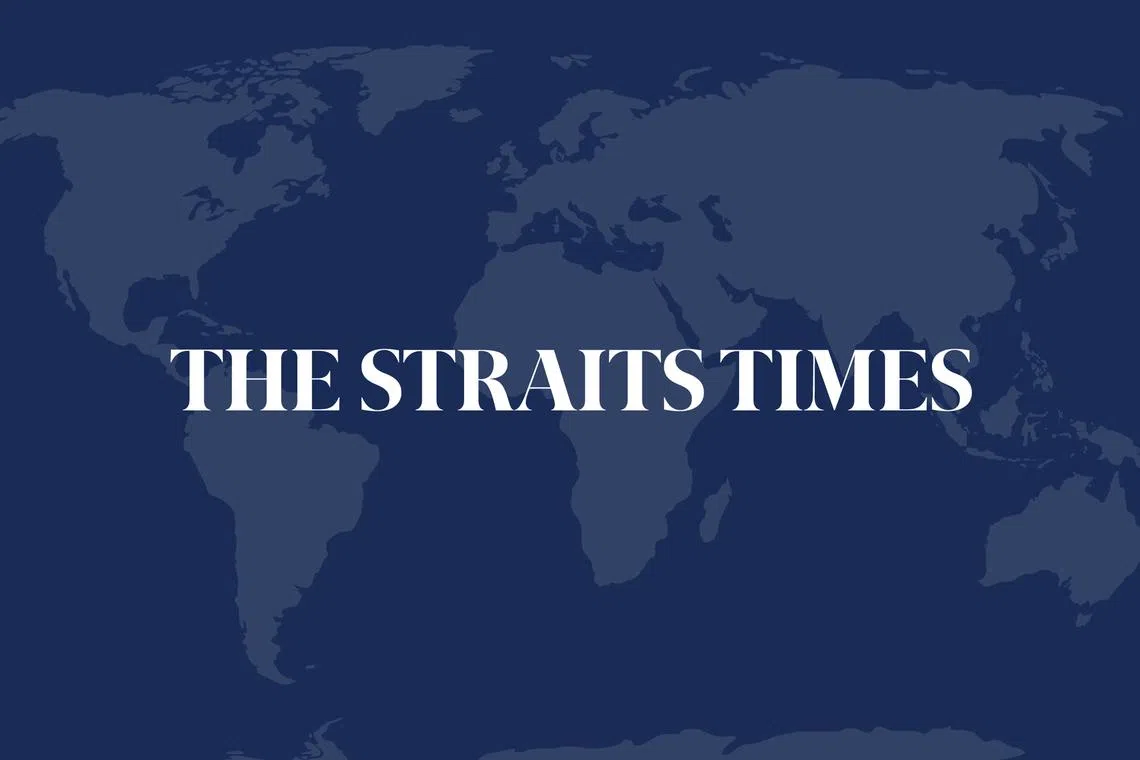Crossroads Asia | Society | Central Asia
After waiting six hours, Gayrat Dustov couldn’t fill his tank. His anger landed him in jail for 15 days but engendered sympathy among the public.
On December 23, 47-year-old minibus driver Gayrat Dustov waited in line for six hours at a gas station in Tashkent. He was unable to fuel his vehicle and let out his frustration, insulting the station’s employees and shouting. His rant, in which he took off his shoes and gestured to their worn-down soles, was recorded and quickly went viral on social media.
“Are the Uzbeks really sheep?! After all, Uzbekistan is not a poor country! It has enough underground and above-ground resources! Let us live freely. Why are you torturing us like this? Better take a machine gun and shoot us!” he said, according to RFE/RL’s Uzbek Service, Ozodlik.
Dustov’s angry outburst earned him a 15-day administrative sentence on a charge of “petty hooliganism,” and fines amounting to 843,750 Uzbek soms ($65), but more than few are sympathetic to his frustration.
Uzbekistan has long been secure in its own energy supplies. But it has struggled in recent years to balance rising domestic demand for energy, primarily natural gas, with waning production and existing export commitments. In October 2023, Uzbekistan began importing natural gas from Russia via Kazakhstan, but it hasn’t been enough to forestall occasional domestic restrictions.
Compressed natural gas (CNG) is the most common fuel for vehicles in Uzbekistan. It’s also far cheaper than gasoline. As Ozodlik noted in an early December article, “Filling a car’s tank with methane [CNG] costs $15, gasoline costs $40-50 – hence the great popularity of methane in Uzbekistan.”
In a December 9 statement, Uzbekistan’s Ministry of Energy explained that a sharp increase in demand, on the back of a plunge in temperatures, had led to a decrease in pressure in natural gas pipelines. The ministry announced plans for “short-term” restrictions on gas compressor stations for the filling of cars in high consumption areas. Priority, the ministry said, was given to providing natural gas to households and important social facilities, such as hospitals and schools.
Lines at operating gas stations were reported soon after and continued through the end of the year. Dustov’s angry shouting spoke for many, as evidenced by the discussion his detention has sparked in the Uzbek media, both social and traditional.
Economist and blogger Otabek Bakirov posted on Telegram on January 1 hopes for Dustov’s release. “A strong state does not hesitate to show mercy,” he wrote.
Lawyer and blogger Khushnudbek Khudoyberdiev, also in a January 1 Telegram post, wrote, “We started the year with a big mistake.” His commentary noted, “When people feel justice, they endure many hardships patiently… But when they sense injustice at every turn, the strain on society becomes unbearable”:
If khokims, whose words do not match their actions, get off with a single apology, if some officials who exceed their authority and violate the law are limited to a warning, and an ordinary citizen with holes in his shoes, who after a long wait in line was outraged by the closure of a gas station, is arrested and he celebrates the New Year not with his family, but behind bars, the people see injustice in this. And it really is unfair.
Uzbek human rights activist Abdurakhman Tashanov said in a Facebook post that lawyers were volunteering to help Dustov and an appeal hearing would take place on January 3. RFE/RL reported, citing activists, that an effort to collect and transfer funds amounting to $1,550 to Dustov’s family had been blocked.
Dustov’s detention is a symptom of two larger problems: Uzbekistan’s energy issues and the country’s not-so-distant past, when all criticism of the state was punished swiftly and harshly.

 By The Diplomat | Created at 2025-01-02 20:21:06 | Updated at 2025-01-05 03:57:35
2 days ago
By The Diplomat | Created at 2025-01-02 20:21:06 | Updated at 2025-01-05 03:57:35
2 days ago








